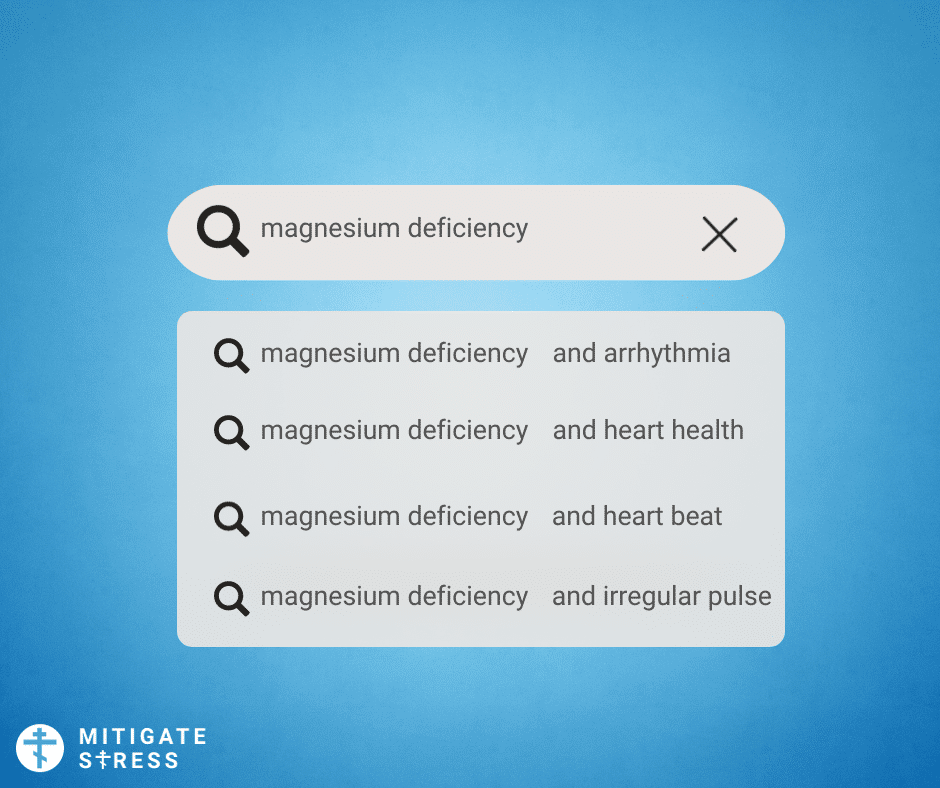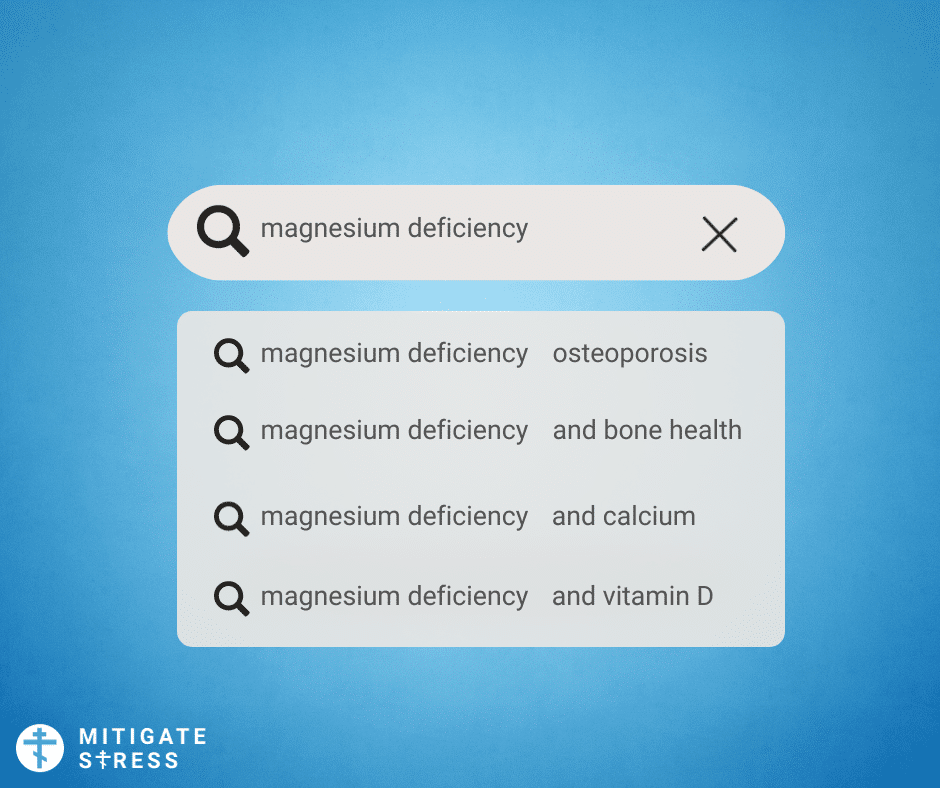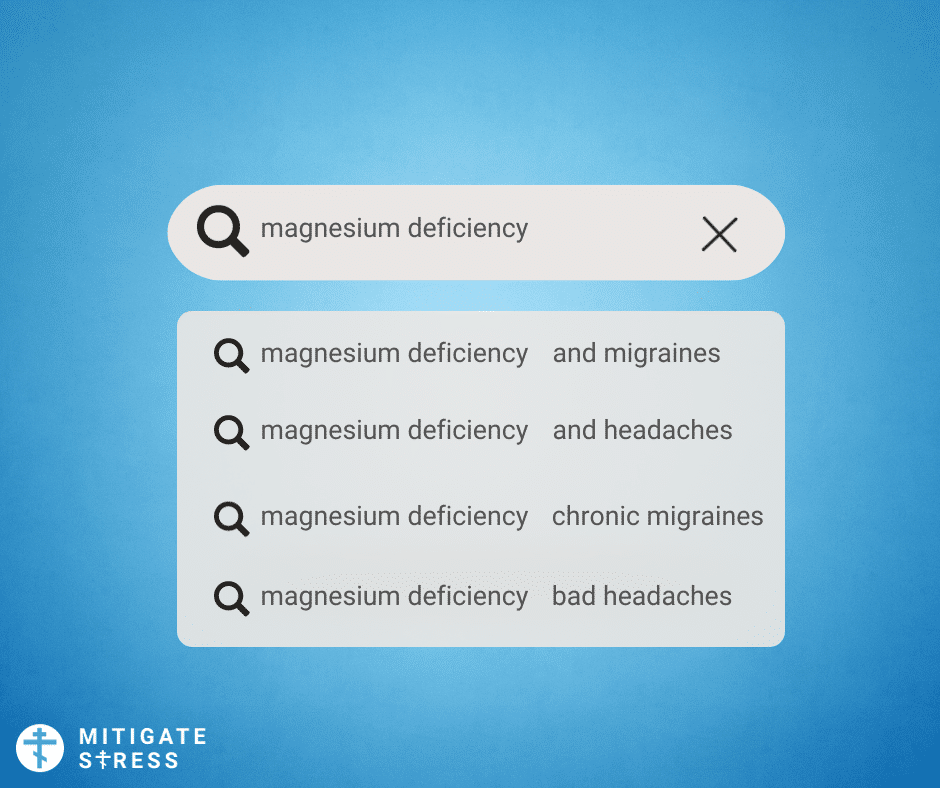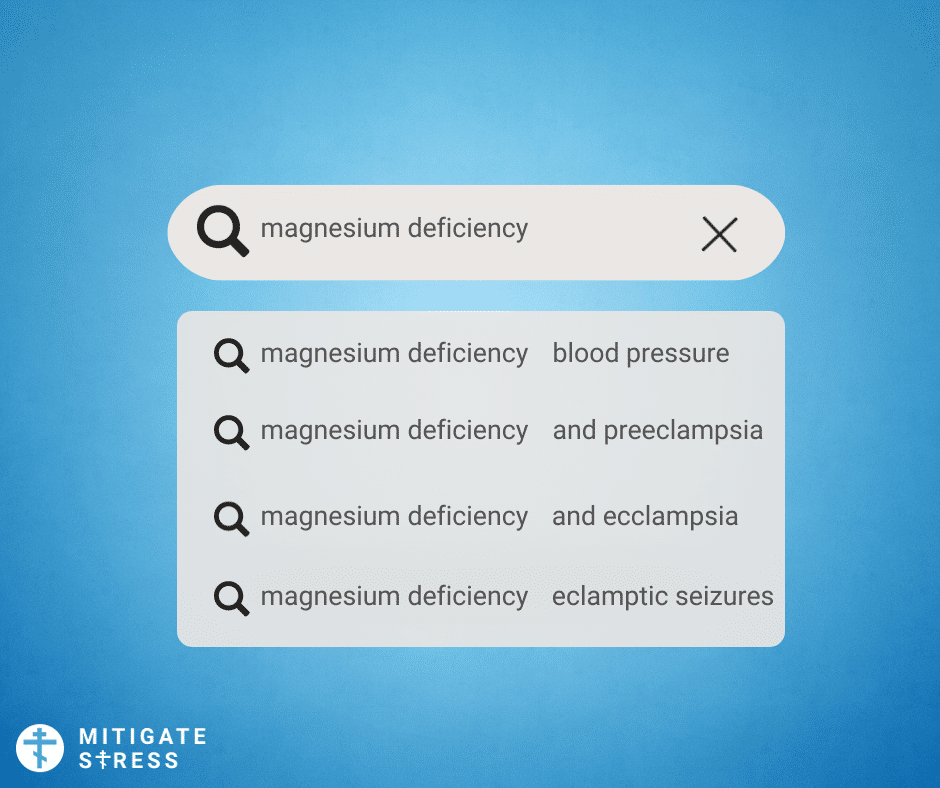Magnesium, a lesser-known but vital mineral, plays an integral role in maintaining heart health. This unsung hero aids in the regulation of heart rhythm, assists in the contraction and relaxation of muscles, and is involved in energy production at a cellular level. However, when your body lacks this essential nutrient, it can lead to irregular heartbeat and arrhythmia, conditions that affect millions worldwide. This article aims to illuminate the science behind these symptoms and the importance of maintaining adequate magnesium levels.
The Intricacies of Magnesium Deficiency
A study published on Sage Journals titled “Magnesium deficiency in critical illness” takes a deep dive into how magnesium regulates enzymes controlling intracellular calcium1. The researchers found that a low level of this mineral usually indicates significant magnesium deficiency2. Hypomagnesemia, a condition characterized by very low levels of magnesium in the blood, was associated with various complications, including arrhythmia3.
Another comprehensive clinical overview on Science Direct titled “Magnesium deficiency: pathophysiologic and clinical overview” points out that symptoms of magnesium deficiency can include weakness, tremors, seizures, and cardiac arrhythmias4. This overview provides a broad perspective on the systemic implications of magnesium deficiency, emphasizing the need for further research and awareness.
Connecting the Dots: Magnesium Deficiency and Arrhythmia
Research published in the Journal of the American Society of Nephrology titled “Hypomagnesemia” suggests a strong link between hypomagnesemia and arrhythmia3. The authors conducted a detailed analysis of the available literature and concluded that low magnesium levels are a common finding in patients with arrhythmia.
In addition, the Cardiology Journal article “Electrolyte disorders and arrhythmogenesis” states that no specific electrophysiological effects or arrhythmias have been directly linked to isolated magnesium deficiency5. However, it does interfere with the normal functioning of membrane ATPase, an enzyme that controls the movement of substances, such as ions, into and out of the cell5. This interference can disrupt the delicate balance needed for a regular heartbeat.
A Brazilian study titled “Successful improvement of frequency and symptoms of premature complexes after oral magnesium administration” revealed that magnesium deficiency increases intracellular sodium, which can cause an irregular heartbeat6. The researchers found that patients who received oral magnesium supplementation showed a significant reduction in premature complexes, a type of irregular heartbeat.
Refilling Your Magnesium Tank
While this research underscores the importance of maintaining healthy magnesium levels, the question remains: how can we ensure we’re getting enough?
One simple answer lies in supplementation. Our magnesium bicarbonate products offer an easy solution to replenish your body’s magnesium levels. Similarly, our topical magnesium oil can be applied directly to the skin for quick absorption. These products are designed to supplement your dietary intake and provide a convenient way of addressing magnesium deficiency.
Magnesium Bicarbonate Products: Our magnesium bicarbonate products are designed with your health in mind. They are highly bioavailable, which means they can be easily absorbed by the body. Incorporating these products into your everyday routine can significantly boost your overall magnesium levels, thereby bolstering your muscle health.
Topical Magnesium Oil: Our topical magnesium oil offers another effective avenue for augmenting your magnesium levels. When applied directly to the skin, it allows for transdermal absorption, delivering magnesium directly to where it’s needed most.
However, it’s critical to remember that while supplementation can be beneficial, it should not replace a balanced diet and regular exercise. Always consult with a healthcare professional before starting any new supplement regimen.
Conclusion
The world of science has shed considerable light on the vital role of magnesium in maintaining heart health. Ensuring adequate magnesium intake can help regulate heartbeat and potentially prevent arrhythmia. While further research is needed to fully understand the exact clinical benefit of magnesium in the treatment of arrhythmia7, these findings underscore its importance in overall cardiovascular health.
Footnotes
- Magnesium deficiency in critical illness
- Magnesium deficiency: pathophysiologic and clinical overview
- Hypomagnesemia
- Magnesium metabolism in health and disease
- Electrolyte disorders and arrhythmogenesis
- Successful improvement of frequency and symptoms of premature complexes after oral magnesium administration
- Magnesium in man: implications for health and disease






0 Comments